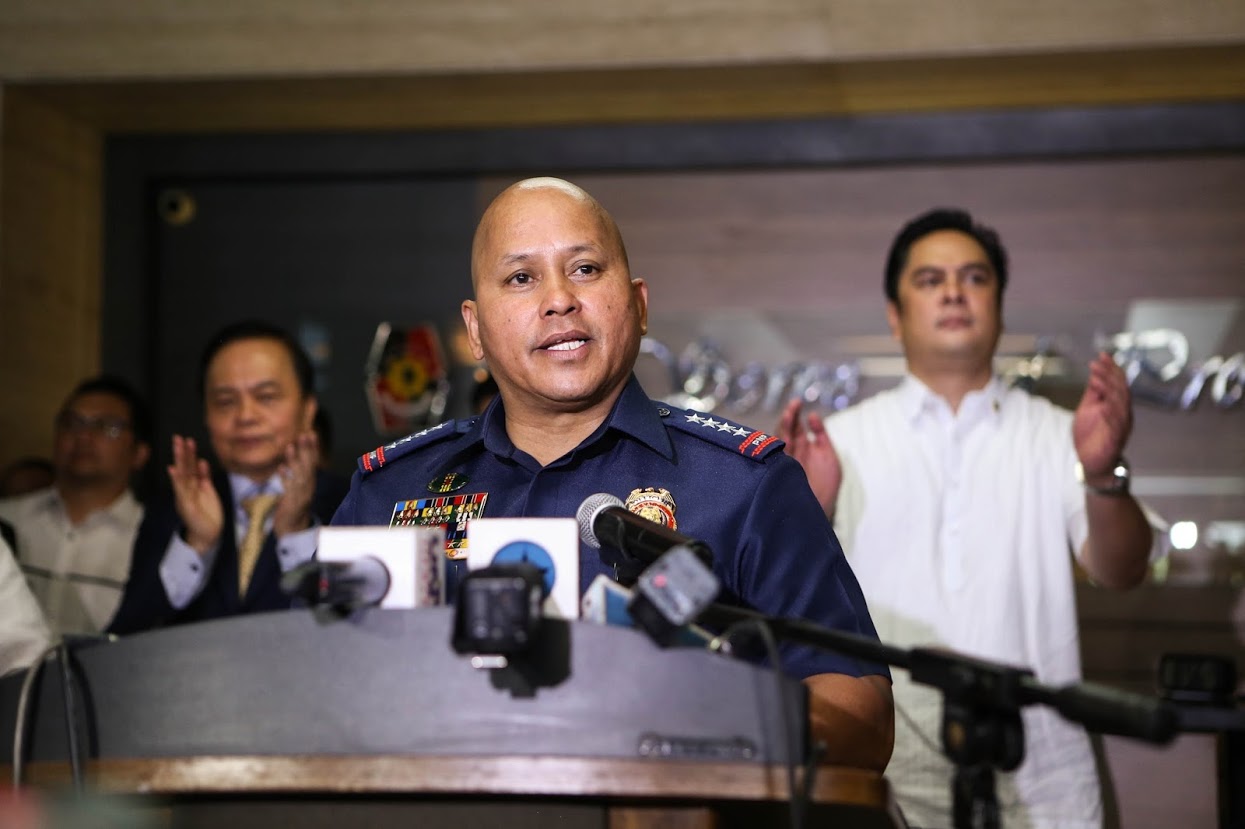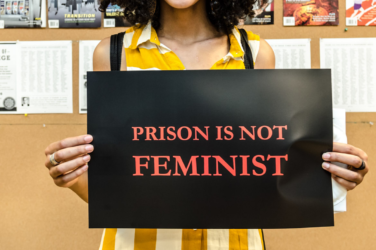A slate of allies of far-right President Rodrigo Duterte were elected to the Philippines Senate in the country’s midterm elections on May 13. These include former police chief Ronald “Bato” Dela Rosa—the man who strategized the nation’s ongoing murderous drug war. An estimated 27,000 people have been killed without trial since 2016.
Dela Rosa, the former chief of the Philippine National Police and Bureau of Correction, raked in the fifth-most votes of any senatorial candidate (more than 18 million) on a draconian platform that promises to further escalate the drug war. In 2018, Dela Rosa campaigned on prioritizing the death penalty for anyone involved with drugs.
“Everything pertaining to drugs, we have to end them,” said Dela Rosa in a televised interview. “I also want to end the problem with drugs. It should be that strict when it comes to drugs.”
In the final weeks of his campaign, Dela Rosa made use of a brutal rape-murder to further his anti-drug rhetoric. “Can a criminal under the influence of illegal drugs do that? If he wasn’t involved with drugs, he won’t be able to do that. That’s why drug traffickers have to be hanged,” he said, according to Philippines news site Rappler.
Despite his notoriety with human rights and harm reduction activists, Dela Rosa enjoys widespread popularity; violence against drug users and dealers continues to be favored by the majority of Filipinos. He has even taken center stage in pop culture recently, with a drama-comedy inspired by his life released in early 2019.
“Aside from President Duterte, Dela Rosa became the face of the strong anti-drug campaign. His name is closely linked to the extrajudicial killings that were allegedly done to pursue drug law violators. Rightly or wrongly, this has created his public persona,” Severino Sarmenta of Ateneo de Manila University told Rappler.
Dela Rosa’s new platform is deeply concerning to advocates. “He might use his political clout to whitewash investigations into the human rights violations of the police,” Kristina Conti, a lawyer representing criminal and civil cases against police for their participation in the drug war, suggested to the Guardian.
More broadly, the election successes of Duterte’s allies could mean “there’ll be no check and balance,” Angela Paraiso, a voter in the Philippines, told the Washington Post. “That’s a really scary thought.”
Source: Presidential Communications Operations Office via Wikimedia Commons




